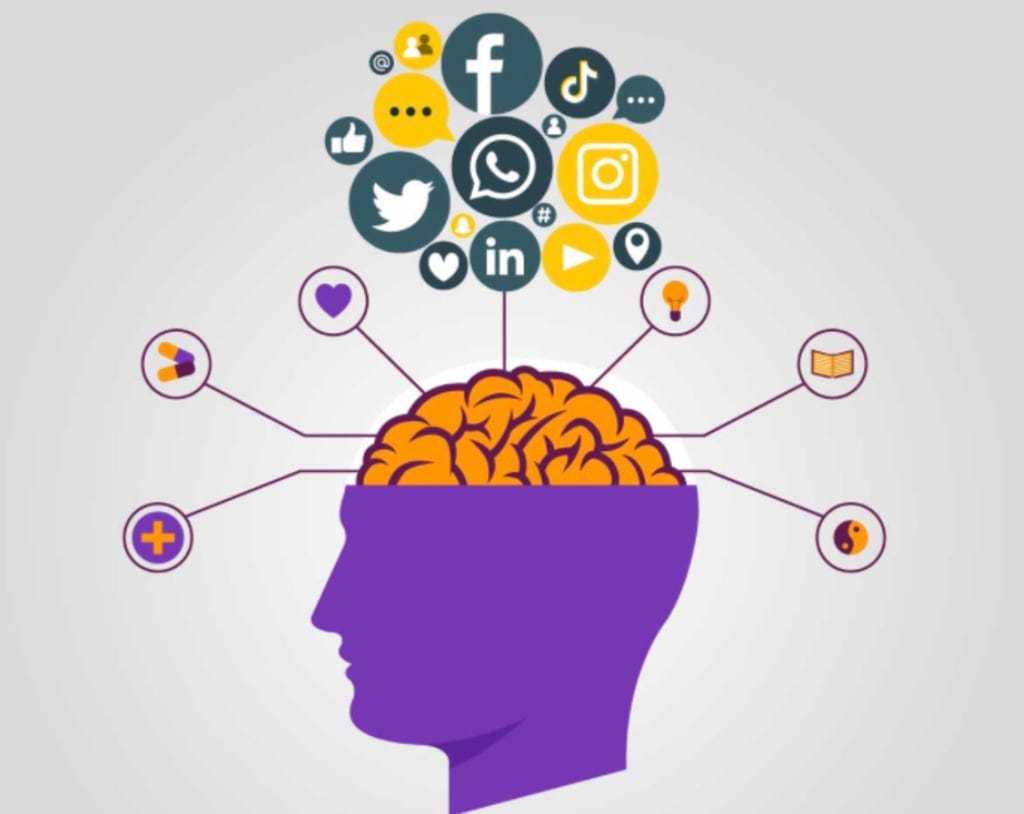
Therapr Team
In today’s digital age, social media is almost impossible to avoid. Platforms like Instagram, TikTok, Facebook, and X (formerly Twitter) have become daily tools for communication, entertainment, and business.
However, studies increasingly show that social media use can have both positive and negative effects on mental health. The key lies in how we engage with these platforms.
This article explores the psychological impact of social media, signs that your mental health may be affected, and practical strategies to create a healthier online experience.
Used mindfully, social media can offer several mental health benefits:
When used with intention, social media can enhance feelings of belonging, inspire creativity, and even offer professional opportunities.
However, excessive or unmindful use can negatively impact mental well-being:
These risks are especially high among teenagers and young adults, but anyone can be affected.
You may need to reassess your social media habits if you notice:
Recognizing these signs early can help you take action before your mental health suffers further.
Here are practical ways to create a more positive relationship with social media:
If you find that social media is significantly impacting your mood, relationships, or daily functioning, it might be helpful to talk to a therapist. Mental health professionals can help you build healthier habits and address underlying emotional needs.
Social media is neither entirely good nor entirely bad — it’s a tool, and like any tool, its impact depends on how it’s used. By approaching social media with awareness and setting mindful boundaries, you can enjoy its benefits while protecting your mental health. Finding the balance isn’t about quitting — it’s about using digital spaces in ways that support your real-life well-being.
Author profile
Read more articles by Therapr Team.
Get the latest wellness insights delivered to your inbox.
Subscribe to Newsletter